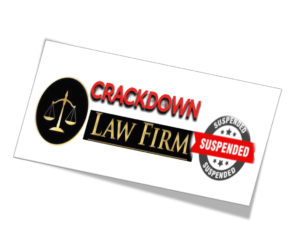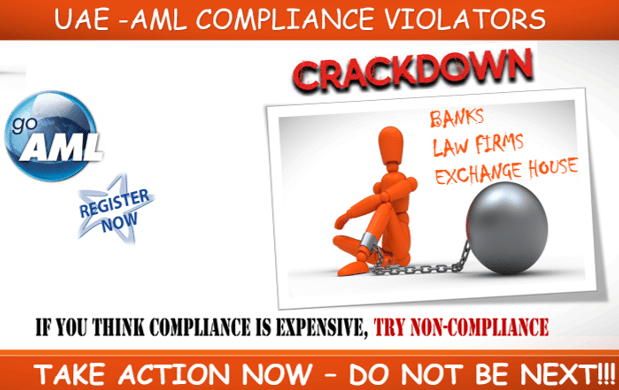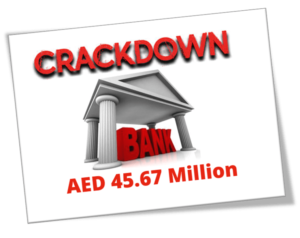By Alia Noor, FCMA, CIMA, MBA, Oxford fintech programme, GCC VAT Comp Dip,COSO Framework.
Associate Partner Ahmad Alagbari Chartered Accountants, UAE
Founder xpertsleague
WHAT IS MONEY LAUNDERING/ ANTI MONEY LAUNDERING?
“ Money Laundering -The process whereby criminals attempt to hide and disguise the true origin and ownership of the proceeds of their criminal activities, thereby avoiding prosecution, conviction and confiscation of the criminal funds.”
“Anti Money Laundering (AML) Act , seeks to deter criminals by making it harder for them to hide ill-gotten money.”
Failure to maintain effective AML/CFT systems can result in the involuntary support of the aims of terrorists or other criminal enterprises, regulatory intervention resulting in substantial monetary penalties, and reputational damage.
In September 2018, UAE introduced Federal Decree-law No. 20 of 2018 on Anti-Money Laundering and Combating the Financing of Terrorism, and related Regulations were issued under the Cabinet Decision No. 10 of 2019 in February 2019, requiring entities to register for goAML.
Ministry of Economy had announced the extension of registration in its systems (goAML) to combat money laundering until March 31, 2021, and warned that companies that fail to register would be subject to penalties including suspension of licences and closure.
Financial institutions and DNFBPs both are liable to register
Financial Institutions:
- Banks
- exchange houses
- Insurance Companies
- Finance Houses
- Entities involved in finance lease business
- Companies providing credit facilities of all types etc.
Designated nonfinancial Businesses and Professions (DNFBPs):
Anyone who conducts one or several of the following commercial or professional Activities.
- Brokers and real estate agents
- Dealers in precious metals and precious stones
- Lawyers, notaries, and other independent legal professionals
- Auditors and Accountants
- Business Service Providers

After banks ,exchange houses and law firms, the focus is likely to expand to other designated non-financial business and professions (DNFBP)
As per ministry a wide range of “DNFBP s” non-financial business and profession activities are “most exposed to money laundering risks”.
DNFBPs have been divided into four main categories.
1-Brokers and Real Estate Agents: When entering into operations in the interest of their clients for purchase and sale of real estate.
2-Dealers of precious metals and gemstones: When they perform any single-cash transaction or several seemingly related transactions with a value of Dh55,000 or more.
3-Independent Auditors and Accountants: When they prepare, conduct or implement financial operations for the benefit of their clients, related to the following activities:
– Buying and selling real estate.
– Managing money that the client owns.
– Managing financial, savings or stock accounts.
– Contributing to establishing, operating or managing companies.
– Establishing, operating or managing companies, or legal arrangements.
– Buying and selling commercial entities.
4-Corporate Service Providers and Trust Funds: When they undertake or execute an operation for the benefit of their clients or on their behalf in relation to the following activities:
– Work as an agent in establishing companies.
– Working or preparing someone else to work as a director or company secretary, or as a partner in the company.
– Providing a registered office, business address, place of residence, address for correspondence, administrative address of a legal person, or legal arrangement.
– Act as trustee for a direct trust fund or to perform a similar function for another form of legal arrangement.
– Working or preparing another person to act as a shareholder for another person.
KEY TAKEAWAY
An organisation’s AML controls can be easily undermined by a poor culture of compliance. Strong AML culture in an organisation can help prevent shortcomings and help identify issues before they become a concern.
One of the most important functions of AML laws is that it prevents any kind of penalties, be it imprisonment or fines.
If You Think Compliance is Expensive, Try Non-Compliance
- “𝐇𝐎𝐖 𝐓𝐎 𝐓𝐀𝐌𝐄 𝐘𝐎𝐔𝐑 𝐓𝐀𝐗 𝐃𝐑𝐀𝐆𝐎𝐍” - January 24, 2024
- Generative AI: A powerful tool for CEOs - January 19, 2024
- The Next Wave of Finance Digital Transformation: Unlocking Potential in 2024 - December 7, 2023





[…] The UAE had implemented Anti Money Laundering/Countering the Financing of Terrorism measures as per the Financial Action Task Force (FATF) standards and is taking correct and strict measures that all businesses comply with local as well as international guidelines for operating genuine businesses.Please read my article on UAE crakdown for AML non compliance click here […]